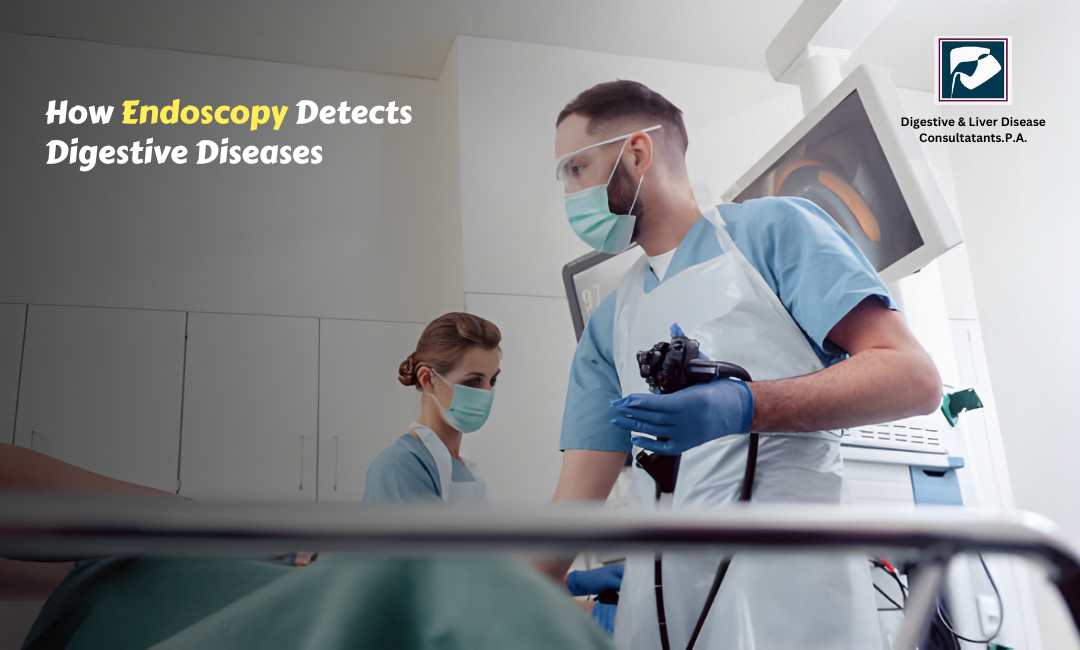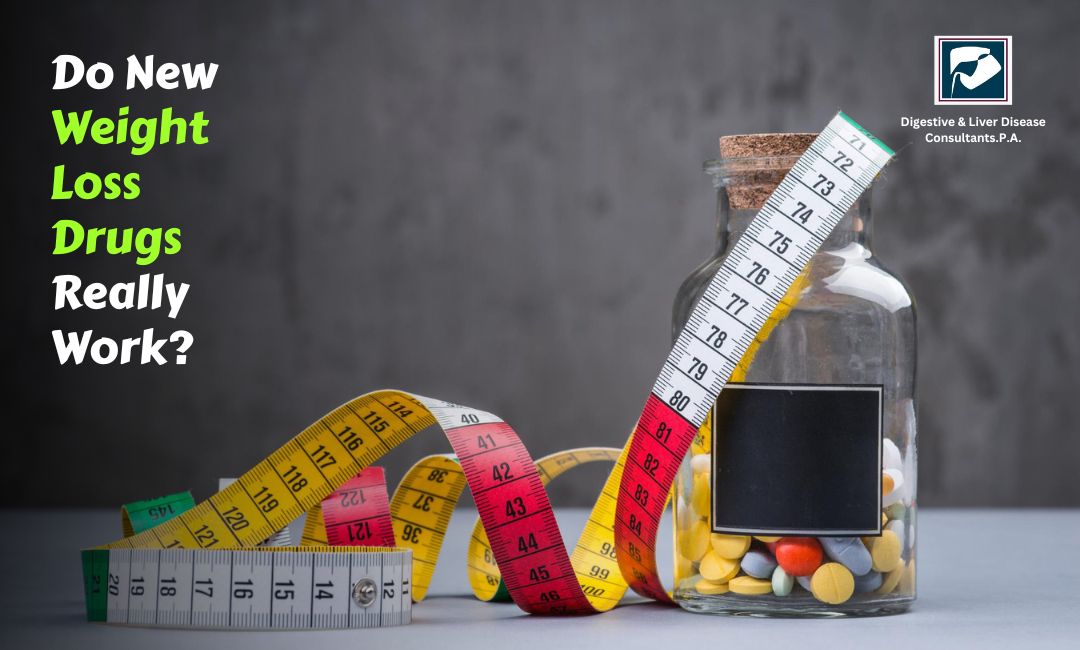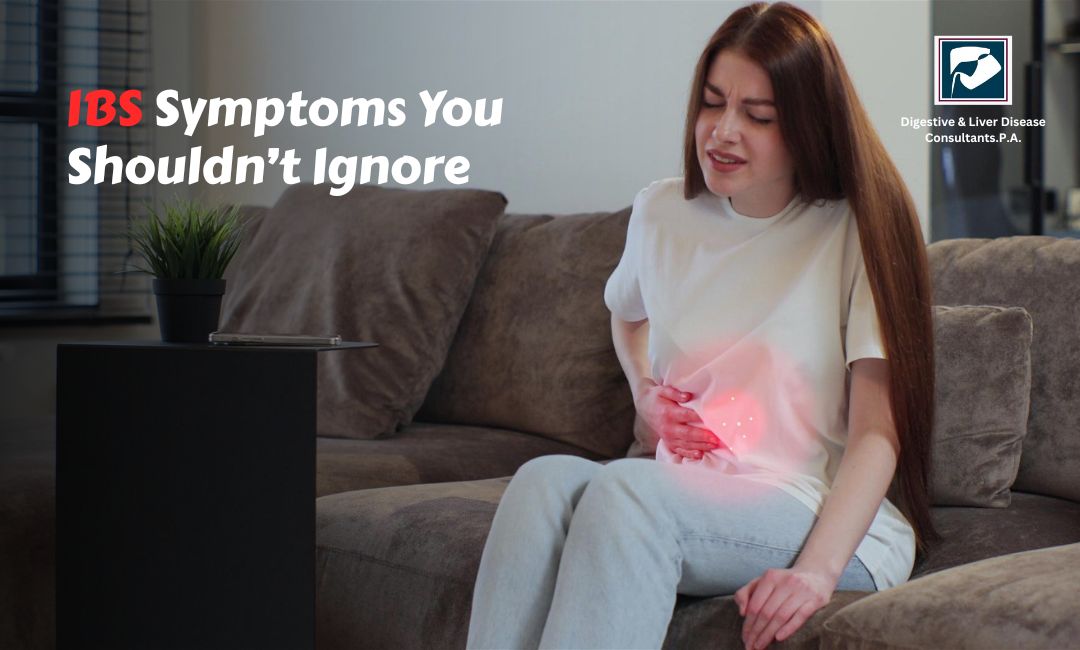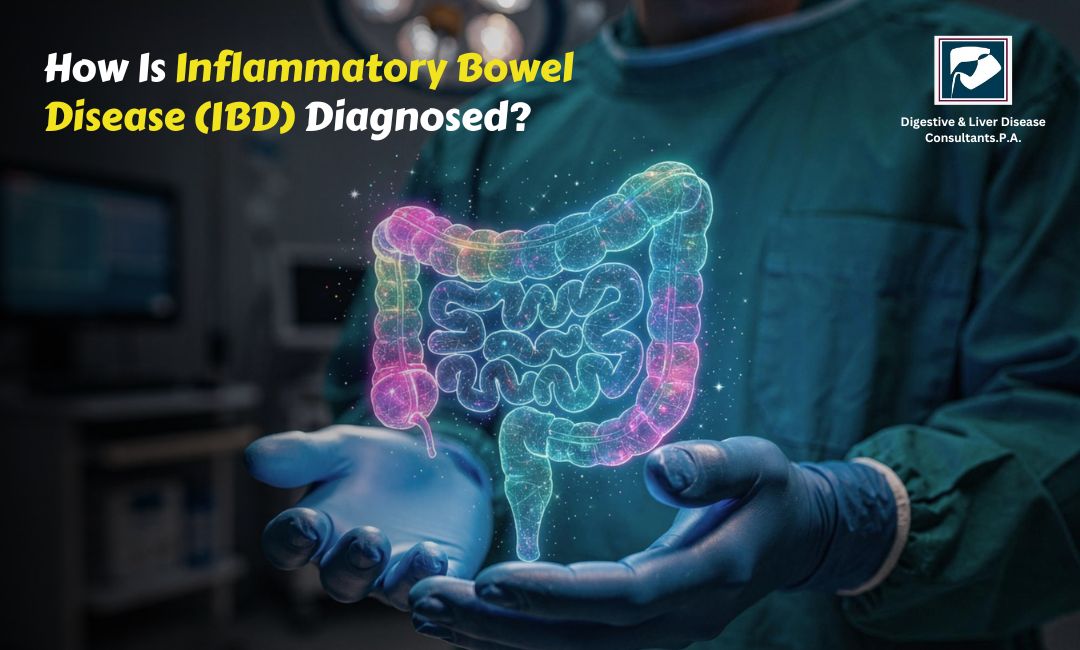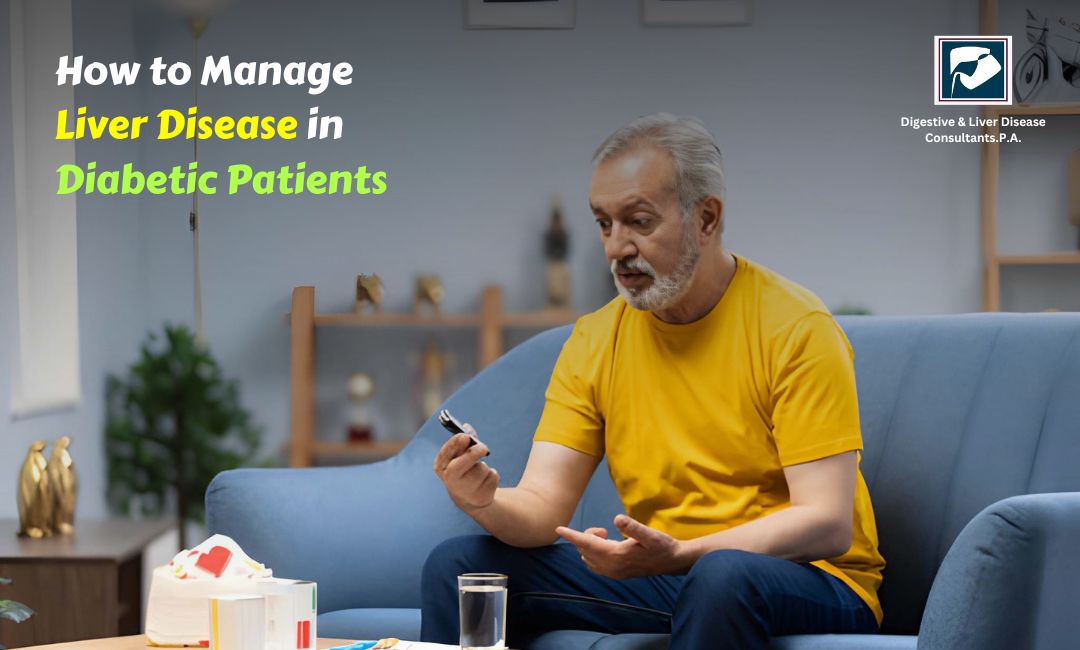Your digestive system is one of the most important parts of your body. It breaks down food, absorbs nutrients, and eliminates waste. When something goes wrong, it can cause symptoms like abdominal pain, bloating, constipation, or bleeding. To find the cause of these problems, gastroenterologists often recommend a procedure called endoscopy.
Endoscopy is a safe and effective way to look inside the digestive tract. It allows doctors to detect, diagnose, and sometimes even treat gastrointestinal (GI) diseases without the need for major surgery.
In this blog, we’ll explain what endoscopy is, how it works, the conditions it can detect, and why it is an essential tool for protecting your digestive health.
What Is Endoscopy?
Endoscopy is a medical procedure that uses a thin, flexible tube with a light and camera at the tip, called an endoscope. The endoscope allows a gastroenterologist to see inside the digestive tract in real-time.
There are different types of endoscopy depending on the part of the digestive system being examined:
Upper endoscopy (EGD): Used to look at the esophagus, stomach, and the beginning of the small intestine.
Colonoscopy: Used to examine the colon (large intestine) and rectum.
Flexible sigmoidoscopy: Looks at the lower part of the colon and rectum.
Endoscopic ultrasound (EUS): Combines endoscopy with ultrasound imaging for detailed views.
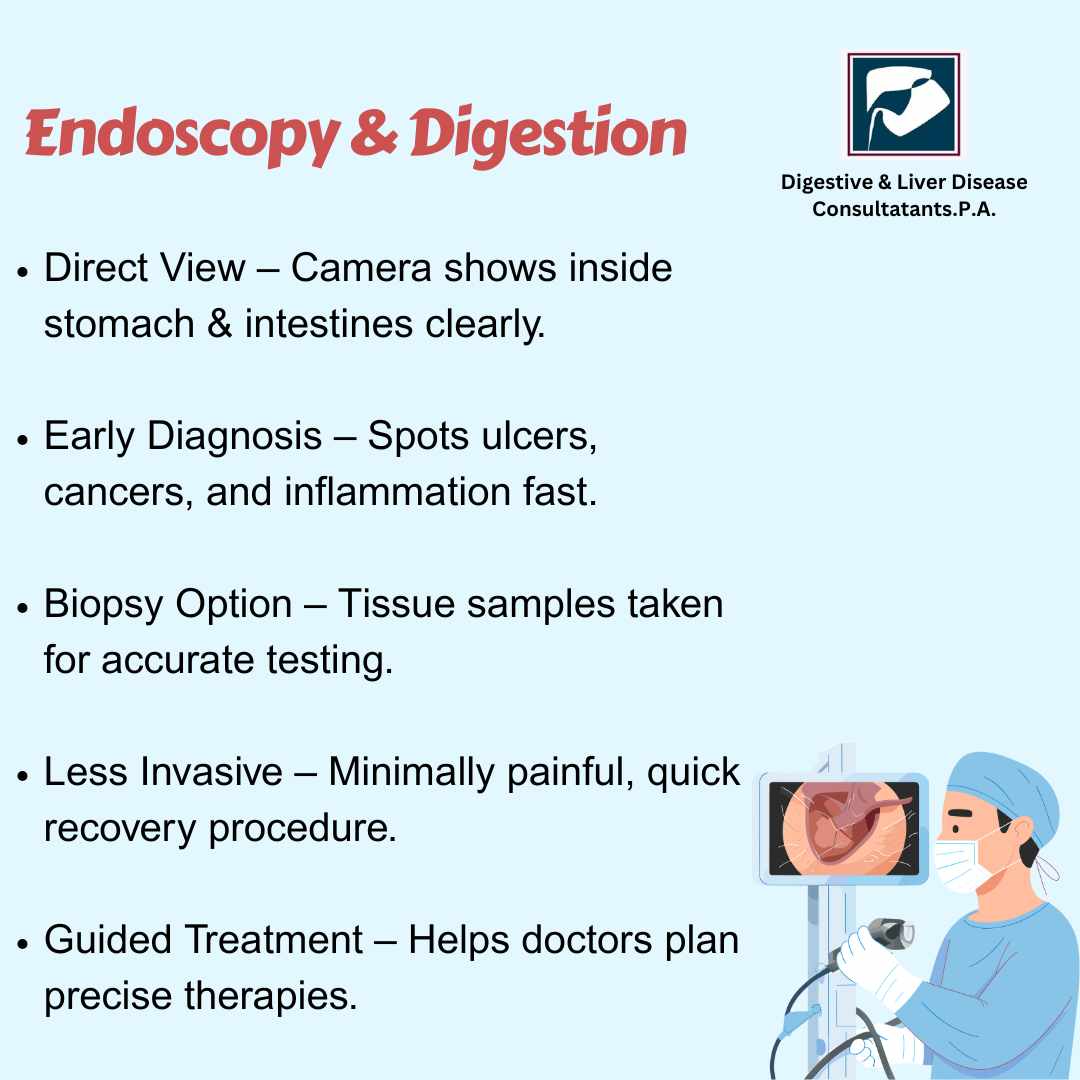
Why Endoscopy Is Important
Unlike X-rays or CT scans, endoscopy provides a direct look inside the GI tract. This makes it extremely useful for detecting problems early, sometimes before symptoms become severe. It also allows doctors to take tissue samples (biopsies) or remove abnormal growths during the same procedure.
How Endoscopy Detects Digestive Diseases
Endoscopy helps identify a wide range of digestive diseases. Some of the most common conditions detected include:
1. Acid Reflux and GERD
Chronic acid reflux can damage the lining of the esophagus, leading to gastroesophageal reflux disease (GERD). An upper endoscopy can check for inflammation, ulcers, or precancerous changes (Barrett’s esophagus).
2. Ulcers
Stomach and duodenal ulcers can be seen clearly with endoscopy. This helps doctors determine their size, severity, and whether they are bleeding.
3. Polyps and Colon Cancer
Colonoscopy is one of the best tools for preventing colon cancer. During the procedure, doctors can find and remove polyps (abnormal growths) before they turn cancerous.
4. Inflammatory Bowel Disease (IBD)
Endoscopy can detect Crohn’s disease and ulcerative colitis by showing inflammation, ulcers, and tissue damage inside the intestines.
5. Celiac Disease
In patients with suspected celiac disease, endoscopy with biopsy of the small intestine can confirm the diagnosis.
6. Digestive Tract Bleeding
When patients have unexplained bleeding, endoscopy helps identify the source, whether it is an ulcer, polyp, or tumor.
7. Esophageal and Stomach Cancer
Endoscopy allows doctors to detect cancers at an early stage, when treatment is most effective. Biopsies can be taken during the procedure to confirm diagnosis.
8. Liver and Pancreatic Conditions
With endoscopic ultrasound or ERCP (endoscopic retrograde cholangiopancreatography), doctors can examine the bile ducts, pancreas, and liver for blockages, stones, or tumors.
What to Expect During an Endoscopy
Many patients worry about endoscopy, but it is usually quick and safe. Here’s what you can expect:
Preparation: For a colonoscopy, you will need to follow a special diet and take a bowel prep to clear your colon. For upper endoscopy, fasting is usually required.
Sedation: Most endoscopies are done with sedation, so you feel relaxed and comfortable.
Procedure: The doctor gently inserts the endoscope through the mouth (for upper endoscopy) or rectum (for colonoscopy). The camera sends live images to a monitor.
Biopsy or Polyp Removal: If needed, tissue samples can be collected or polyps removed during the procedure.
Recovery: Patients usually go home the same day with minimal downtime.
Benefits of Endoscopy
- Detects digestive diseases early
- Helps prevent colon cancer through polyp removal
- Minimally invasive with quick recovery
- Can provide both diagnosis and treatment in one procedure
- Safe and effective with very low risk of complications
About Digestive & Liver Disease Consultants, P.A.
At Digestive & Liver Disease Consultants, P.A., we specialize in advanced diagnostic and treatment procedures, including endoscopy and colonoscopy, to help patients maintain lifelong digestive health. Our board-certified gastroenterologists use state-of-the-art technology to detect gastrointestinal diseases early and provide personalized care for conditions like GERD, inflammatory bowel disease, celiac disease, colon cancer, and liver disorders.
We are committed to offering compassionate care and preventive screenings that protect your long-term health.
Conclusion
Endoscopy is one of the most valuable tools in modern gastroenterology. It helps doctors detect digestive diseases early, prevent complications, and even stop cancers before they start. If you are experiencing persistent digestive symptoms such as abdominal pain, heartburn, bleeding, or changes in bowel habits, endoscopy may be the key to finding answers.
If you suffer from ongoing digestive problems or are due for a colon cancer screening, schedule an appointment with Digestive & Liver Disease Consultants, P.A. Our expert gastroenterologists provide comprehensive care with the latest endoscopic technology to keep your digestive system healthy and strong.

